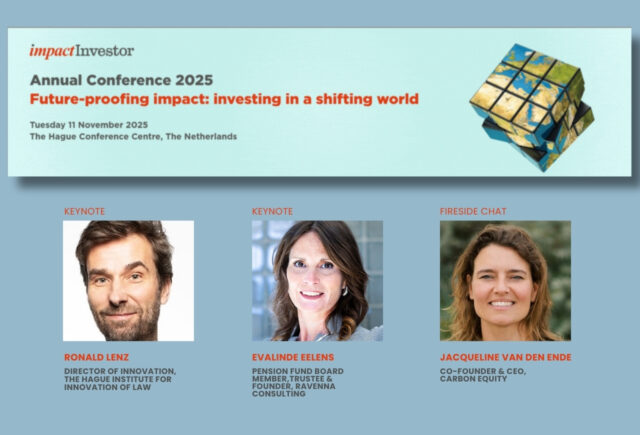In a report on progress in their talks with the banks, the collaborating investors say the just transition should be central to banks’ decarbonisation strategies.

Three UK investment and charitable institutions are stepping up pressure on the banking sector to take more account of the just transition when developing their lending and operational strategies.
Border to Coast Pensions Partnership, Royal London Asset Management, and Friends Provident Foundation have launched a report, ‘Investor expectations on just transition for the banking sector’, to underpin the group’s continuing engagement on the theme with four major UK banks — Lloyds, Barclays, NatWest, and HSBC.
Ensuring a just transition means taking into account social risks and opportunities, and place-based impacts. This covers a wide range of activities from helping to offset the social and economic impact of net zero policies on communities affected by the decline of industries with high carbon emissions – such as coal or iron and steel – to mitigating the impact of climate change on vulnerable communities in the developing world.
Taking action
The report’s recommendations cover the need for banks to maintain capital allocation and support for customers impacted by the energy transition, as they seek to implement their own net zero strategies.
The institutions said two of the banks had already committed to take action requested on the just transition and another had included just transition ambitions in its net zero plan, while the fourth had stated support for just transition principles.
Colin Baines, stewardship manager at Border to Coast, said he was pleased with the positive response to the initiative so far, but that more work was needed.
“Our investor expectations cover a range of activity to integrate the social dimension into net zero plans. Some banks may already be acting upon some of the recommendations, but no bank is implementing the majority as part of a comprehensive approach to just transition,” he told Impact Investor.
Expectations outlined in the report would form the basis for “more granular” engagement with the banks during 2024, according to the institutions.
Decarbonisation
One theme set to form part of these further discussions is the implementation of a responsible decarbonisation strategy for existing products and portfolios, such as mortgages, to ensure decarbonisation is achieved without excluding customers.
Baines said mortgage portfolios were a significant contributor to banks’ financed emissions and would require decarbonisation if banks were to meet their net zero targets. However, there was a risk that this would be achieved by excluding customers with poor quality or energy inefficient properties, resulting in low-income customers being excluded from accessing mortgage products if they could not afford to retrofit their properties to improve the energy efficiency.
“Our investor expectation is that banks will not exclude existing or new customers on these grounds, mitigating the risk of ‘stranded customers’ unable to access mortgage products,” he said.
Other themes earmarked for discussion include integrating the just transition into regional corporate banking decarbonisation strategies and mitigating ‘stranded community’ risk, as well as developing partnerships with public banks and community development finance institutions to provide blended finance solutions to support place-based investing.
Baines said the engagement programme with the banking sector on the just transition was designed to be a positive and value-adding one, rather than being based on the threat of sanction.
“Whichever banks comprehensively integrate our investor expectations will be establishing new global best practice. We are therefore seeking leadership as opposed to seeking adherence to long established minimum standards. In this situation, engagement escalation to the consideration of divestment is not appropriate,” he said.
He said the institutions would be publicly commenting on the standard of just transition integration, as the banks publish their plans and recognising leadership.
Integrated approach
The institutions are pushing for the just transition to be integrated into bank’s client transition plan assessments, including sector-specific expectations covering workers, customers, communities, and supply chains.
They also want banks to recognise global disparities between developed and emerging markets in client transition plan expectations and assessments – for example, by accepting a longer timeframe for energy transition measures to be implemented in emerging markets than in advanced economies.
The authors use the UK’s Transition Pathway Taskforce (TPT) Disclosure Framework to break down just transition integration to make it consistent with the TPT Bank Sector Guidance. Following the TPT disclosure framework’s principles, the group’s expectations focus on action, as well as highlighting the roles of ambition and accountability in the just transition.
Border to Coast, based in Leeds, is the largest Local Government Pension Scheme (LGPS) pool in the UK, owned by 11 schemes, while Royal London Asset Management is a large UK fund manager. Friends Provident Foundation is an independent charity, created after the stock market floatation of Friends Provident in 2004, which aims to use its endowment to promote affair and sustainable economic system.
Building the just transition into financial strategies is also a hot topic among impact investors, as leading figures in the UK sector told attendees at the Impact Investor Forum held in London in May.





